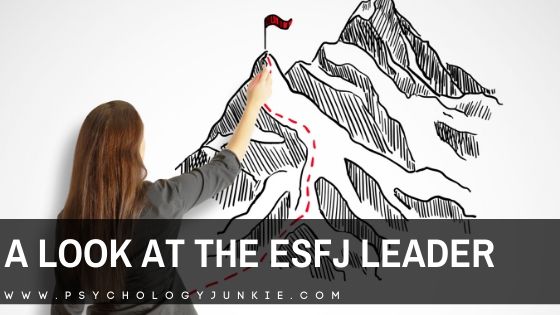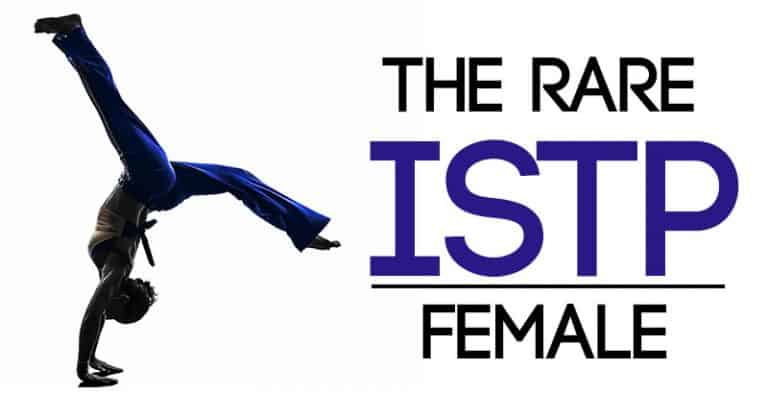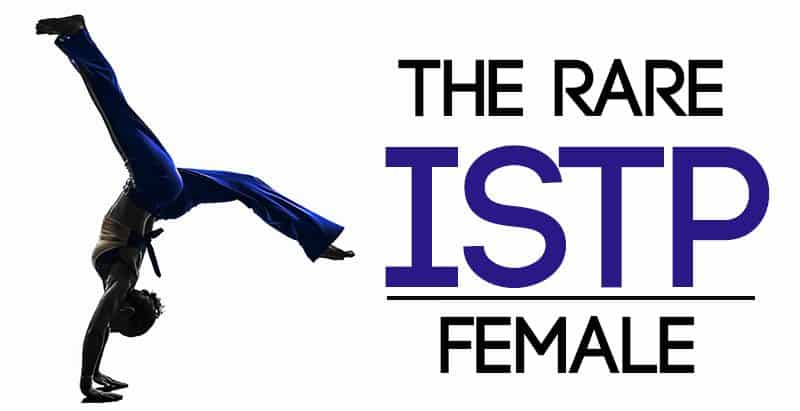The ENTJ Cognitive Functions: An In-Depth Guide
Have you ever wondered what your ENTJ cognitive functions really do? Do you see people talking about them online and feel a little annoyed because they’re using terms like “Ni” or “Te” or “inferior” or “tertiary” and you just feel like none of it makes any sense.
Understanding your own cognitive functions doesn’t have to be complicated. That’s why I’m writing this post today. Because knowing your cognitive functions can be an astounding experience; to know how your brain works, why you understand the world the way you do, why certain things bother you, or even why you act differently when you’re burned out. But I want to explain it in a way that’s simple and (hopefully) easy to picture in your own life.

The most important thing to know is that all these cognitive functions are just lenses through which you interpret the world around you and make decisions. Everyone has on a different set of lenses and therefore interprets the world in a totally different way. Your particular set of lenses, or cognitive functions, include Extraverted Thinking (your natural wheelhouse), Introverted Intuition (your go-to support system), Extraverted Sensing (the part of you that likes to jump into action), and Introverted Feeling (the more vulnerable part that accesses your values).
Not sure what your personality type is? Take our questionnaire to find out!
The ENTJ’s Cognitive Functions: An In-Depth Guide
Table of contents
- The ENTJ’s Cognitive Functions: An In-Depth Guide
- Dominant Cognitive Function: Extraverted Thinking (Te)
- Auxiliary Cognitive Function: Introverted Intuition (Ni)
- Tertiary Function: Extraverted Sensing (Se)
- Inferior Function: Introverted Feeling (Fi)
- The Opposing Role: Introverted Thinking (Ti)
- The Critical Parent: Extraverted Intuition (Ne)
- The Trickster: Introverted Sensing (Si)
- The Demon: Extraverted Feeling (Fe)
- What Do You Think?
- Other Articles You Might Enjoy:
- References:
Estimated reading time: 12 minutes
Dominant Cognitive Function: Extraverted Thinking (Te)
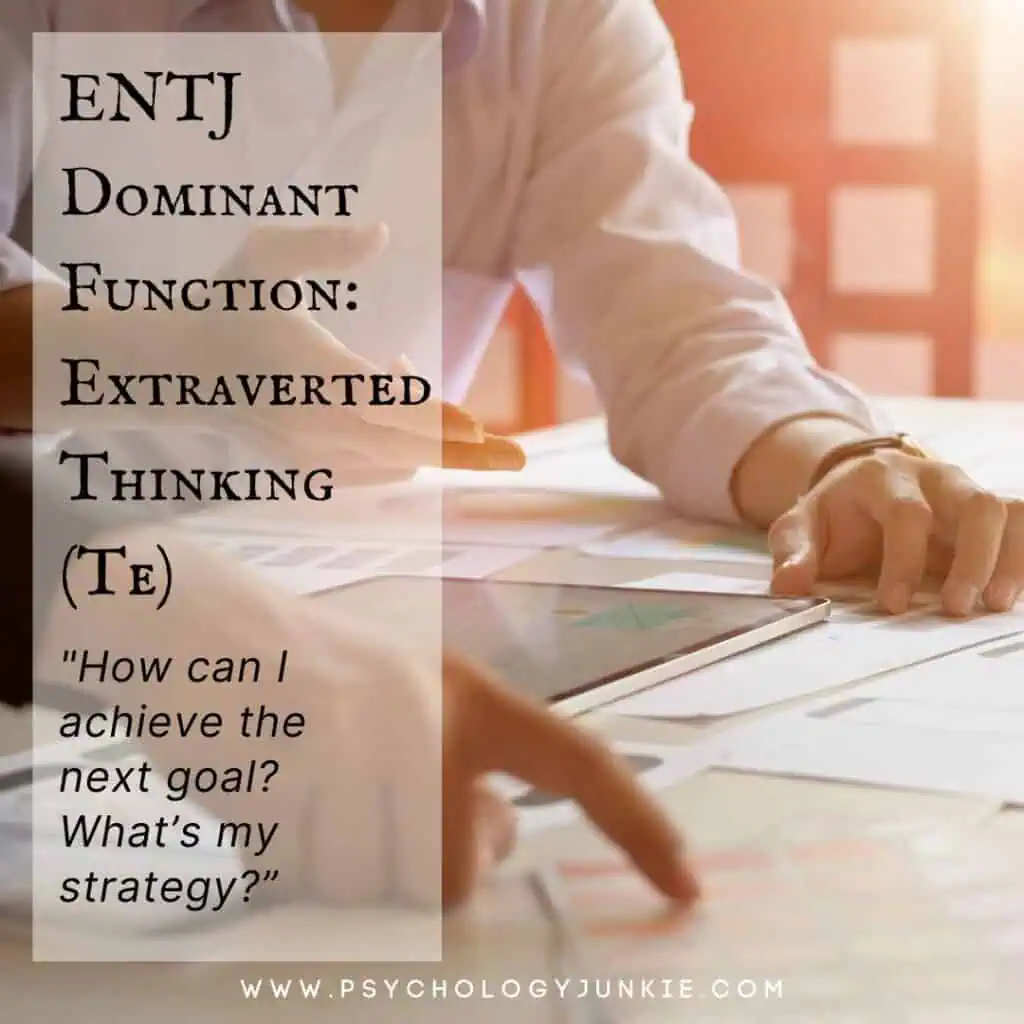
Efficiency, order, and objectivity are the name of the game when it comes to Extraverted Thinking (or “Te” for short). This function is all about organizing resources, analyzing metrics, creating contingency plans, and breaking down tasks into manageable parts. Te is your wheelhouse; you live and breathe this function without really having to try. When you’re using Te you tend to feel confident, sure of yourself, and competent. This is your natural talent. Unless for whatever reason your childhood gave you the idea that your natural talents were bad, you probably are pretty skilled at being decisive, taking charge, managing logistics, and executing a strategy.
Whenever you have a goal and create a sequential plan to achieve it, you’re harnessing the power of Extraverted Thinking. When you analyze metrics in your head, looking for the most logical approach, you’re using Extraverted Thinking.
For ENTJs, Te is their guiding force. They trust it implicitly, using it to influence others through reason, strategy, and logical explanations. They are happiest in environments where they can establish order, streamline processes, and achieve quick and impactful results. This is probably why ENTJs are the highest-earning personality type in the world.
Auxiliary Cognitive Function: Introverted Intuition (Ni)
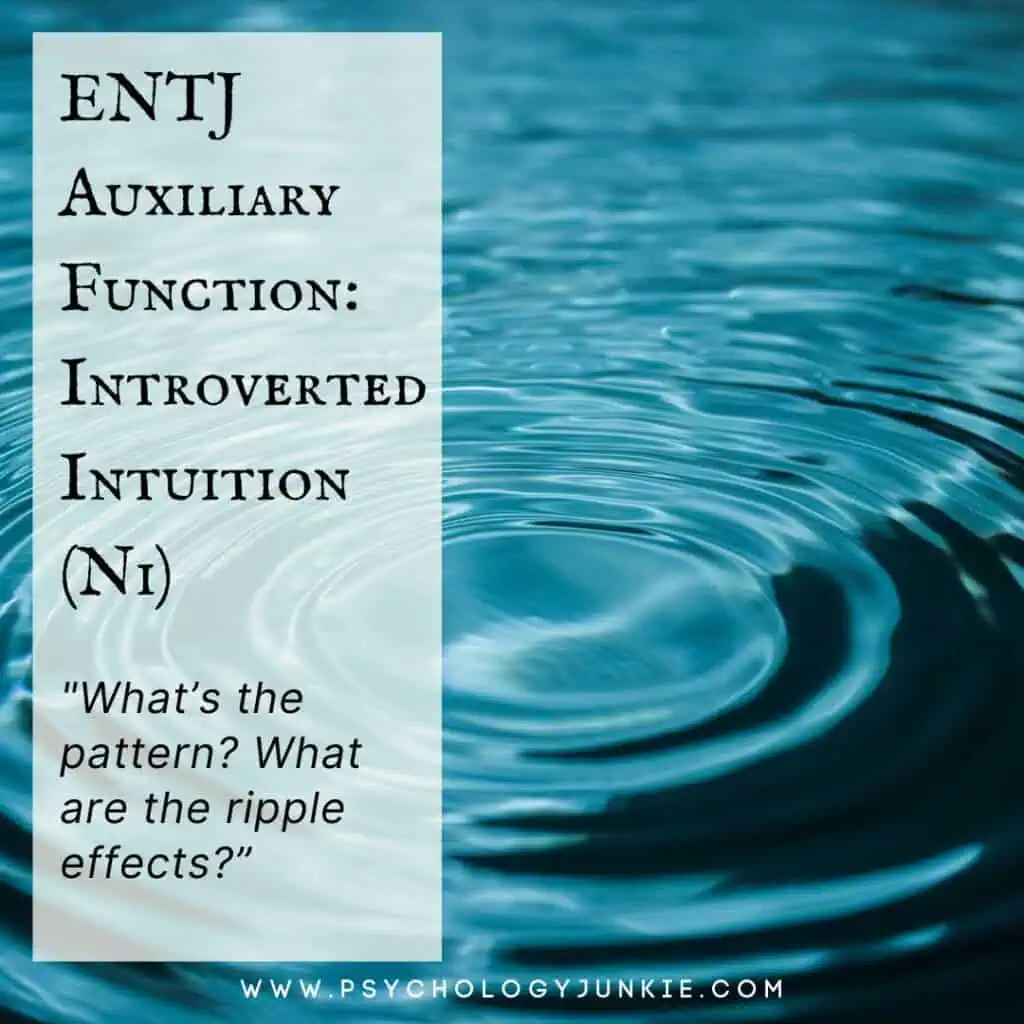
Your second cognitive function, or auxiliary function, is Introverted Intuition, or “Ni” for short. If you’ve ever gotten the feeling that you just know how something will play out, chances are you’re tapped into Ni. Now all personality types use Ni, but Intuitive-Judging (NJ) personalities are naturally tuned in to this function almost constantly. They don’t really have to try that hard to delve into the world of concepts, ideas, insights, and predictions. While their Thinking side gives them a certain skepticism and logic, the Intuitive side gives ENTJs a depth and insight that’s almost uncanny.
Another interesting facet of Introverted Intuition is that it’s focused on finding one true insight, prediction, or meaning. While others might see many possibilities and struggle to decide which one is most likely, ENTJs can narrow down possibilities rapidly, easily gauging which ones are more likely to happen. This gives them their signature sense of certainty about future events, seeing potential ripple effects that others overlook.
Because Ni is so focused on ripple-effects and future possibilities, ENTJs tend to fixate on what will happen later in time. They create mental roadmaps to bring their ideas to fruition. It can be challenging for ENTJs to stay present and focused on current details, particularly if those details have no real weight in regard to the future or their particular goals.
Because Ni is auxiliary for ENTJs, they use it to support their dominant Te. This might involve giving someone insightful advice, sharing a prediction to help someone avoid a problem, or painting a picture of a potential future that someone could work towards.
Tertiary Function: Extraverted Sensing (Se)
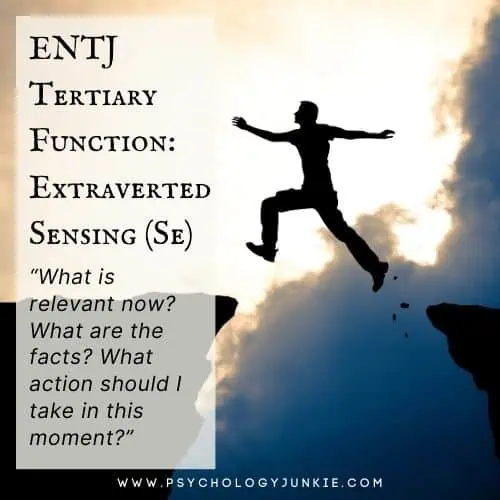
Extraverted Sensing (Se) is the third, or tertiary, function for ENTJs. When you feel like you’re fully in the moment, with heightened awareness of the details around you, ready to jump into action, you’re tapped into Se. This function is all about staying present in your surroundings, in the moment you’re in, and aware of what’s relevant now. Extraverted Sensing (SP) types tend to be rapid responders, easily adjusting to changes in their environment and spotting details.
For ENTJs, Se kicks in during physical activities like rock climbing or when appreciating the aesthetics of a gourmet dish or an intricate piece of art. It can also add to their quick, rapid-moving nature and their occasional impatience when people move to slow or can’t get a result fast enough.
Since Se is tertiary for ENTJs, it’s often used in a playful or recreational manner. They can be blind to it for long periods of time, not really tapping into it because they value intuition more highly. Or, in reverse, they may indulge in Se for long periods of time, sometimes too much, which can result in a Te-Se loop. When in a loop, ENTJs are more impatient, reckless, impulsive, and less thoughtful about how things will play out in the long run. However, when ENTJs use Se in a healthy way, they balance insight with action, future-forecasting with mindfulness in the moment, and hard work with a bit of play and fun.
Inferior Function: Introverted Feeling (Fi)
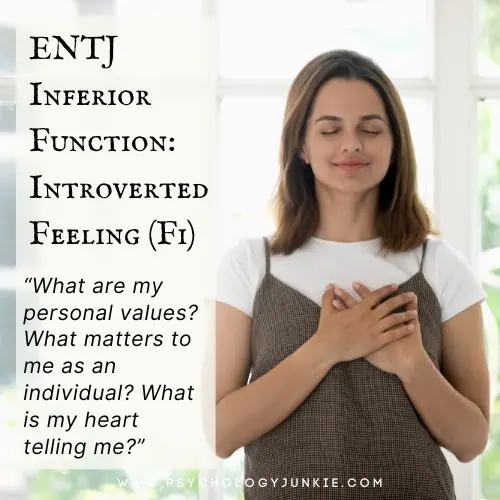
Introverted Feeling (Fi) is the ENTJ’s inferior cognitive function. This is the function you tap into when you’re trying to gauge how you feel about something in your heart. You also tap into this when you think about what’s meaningful or important to you personally, regardless of what anyone else wants or thinks.
Because Fi is inferior for ENTJs, they tend to minimize it’s influence in their lives, instead shifting focus to Extraverted Thinking (Te). Fi focuses on individual values—what someone feels and believes is right or wrong, independent of societal norms. But ENTJs like empirical evidence, objectivity, facts, logic. Fi can feel cloudy and untrustworthy to them as a criteria for decision-making.
ENTJs often struggle with Fi, neglecting their own feelings in favor of logical and pragmatic solutions. They may become out of touch with who they are, what they stand for, or what gives them a sense of alignment and peace. But they still crave this. The inferior function has an irresistible pull, but most people tend to feel like it’s not as important as their dominant function is. It takes a lot more energy to use and we feel more uncertainty around it. So we put it off, ignore it, and then fall under its power when we’re extremely stressed out and have worn out our usual resources.
In the case of the ENTJ, when Te (Extraverted Thinking) is run down and worn out and it’s not solving everything anymore, Fi may try to take the lead. When this happens, ENTJs may feel like things are out of control. Instead of being objective, cool, and rational, they feel swept up in their feelings. Suddenly they’re overwhelmed by all the desires and needs they’ve put on the backburner to “get things done.” They’re conscious of the yearnings of their heart and may feel uncontrollably emotional. But because this is so unnerving for them, it may look more like they’re just angry. You can find out more about this here: What ENTJs Do When They’re Stressed Out
As hard as it may be, giving Fi space to breathe every day is vitally important for ENTJs. Life isn’t just about checking tasks off a list or reaching the next rung on the ladder towards success. It’s also about finding goals that are deeply meaningful to you and living in alignment with your ethics and values. When ENTJs incorporate some Fi into their everyday life, they become more emotionally intelligent, self-aware, and fulfilled. This can look like taking time to journal every day, listening to music and assessing how it makes you feel, asking yourself, “What would make me feel good about myself today?” or “What will matter to me at the end of my life?”
The Opposing Role: Introverted Thinking (Ti)
Introverted Thinking (Ti) is the first shadow function for ENTJs, and it can present some challenges. ENTJs value efficiency, practicality, and order. They have a knack for systematizing and creating procedures so that complex tasks can be simplified and completed quickly. They immediately notice when a facet is slowing things down or someone is lacking direction. They value empirical thinking and measurable facts. This all has to do with their Extraverted Thinking dominant function.
Introverted Thinking, in contrast, is about understanding the underlying principles of everything. Understanding how something works, where to categorize it, clarifying definitions, and learning for the sake of learning.
Because Introverted Thinking is so intensive and inward in its focus, it can feel slow and inefficient to ENTJs. Extraverted Thinking uses information to move forward and achieve a goal. Introverted Thinking looks for information to understand, to know, to learn for the sake of learning.
As the Opposing Role, Introverted Thinking acts as an oppositional force shadowing the dominant function. It kind of feels like the snarky younger brother of Extraverted Thinking to the ENTJ.
Digging into technicalities and minutiae of detail about a logical principle feels like it’s distracting from the overall plans of the ENTJ. When dealing with Introverted Thinking types (TPs), ENTJs might feel like they are being too slow to come to a decision or are making things needlessly difficult. They might feel like they want them to hurry up and move forward instead of analyzing so much. Questions might pop into their heads when they’re with an ITP, like, “Why are they slowing us down?” “Why can’t they see that the answer is clear?” “Are they testing me?” “Why don’t they respect my plans?”
In these moments, it’s key for ENTJs to realize that both they and the ITP are just trying to understand things, but in different ways. ITPs really care about the clarity, accuracy, and consistency of information, which can actually help ENTJs achieve their goals. Even though the ITPs’ deep dive might seem like a hassle at first, it can help avoid mistakes and make sure their plans are solid. Mixing in some appreciation for Ti with their Te can lead to better and stronger strategies.
You can find out more about the Opposing Role in my article on the subject: The Opposing Role of Every Myers-Briggs Personality Type
The Critical Parent: Extraverted Intuition (Ne)
Extraverted Intuition (Ne) explores connections and relationships between events and objects in the outside world. It’s focused on exploring new possibilities, seeing things in new ways, and finding alternatives and new options. Ne-dominant types (ENFPs and ENTPs) are gifted at brainstorming, picking up on seemingly random relationships, and innovating.
For ENTJs, who prefer Introverted Intuition (Ni), Extraverted Intuition often pops up in stressful or vulnerable moments as the Critical Parent. When they’re feeling vulnerable, ashamed, or extremely frustrated, Ne might suddenly overwhelm them with possibilities they don’t want to consider. They might feel like they missed too many possibilities, that they didn’t explore enough options, or that they were too narrow-minded. ENTJs might lash out at themselves or others, saying things like, “Why can’t you see these other possibilities?” or “I’m so stupid for not seeing this connection!”
Another way Ne can show up is in impatience. ENTJs might get annoyed or irritable with Intuitive-Perceiving personality types when they express Ne, seeing them as being needlessly critical, wasting time, or discarding their one idea to dwell on multiple other possibilities that the ENTJ believes are pointless.
ENTJs typically value Ni for its focused and long-term visions. They prefer to zero in on one goal, cutting away distractions and alternate possibilities to achieve their vision. This means that while they can generate multiple possibilities, they don’t often value this process, much preferring to lock into their one vision and their long-term strategy for achieving it.
Integrating Ne is important for ENTJs, but it can be a tough process. When ENTJs respect and accommodate Ne in their lives, they develop a broader sense of what’s possible. They entertain more theories and ideas, see more connections between things, and are more flexible in discarding an idea or vision if a better alternative comes along. Embracing Ne helps ENTJs to be more open-minded and exploratory. You can find out more about the Critical Parent function in my article about it for each personality type.
The Trickster: Introverted Sensing (Si)
Introverted Sensing (Si) is rooted in the vivid recall of past experiences and sensory details. For ENTJs, who are more future-focused and less inclined to dwell on the past, the Si function can seem peculiar and even trivial. When Si presents itself, ENTJs might shoo it away, seeing the details and routines related to it as insignificant. They may struggle with Sensing-Judging personality types, seeing their meticulous, past-hearkening nature as a little pointless or overwhelming. ENTJs are visionaries of the future and can feel skeptical of people who want to recreate the past.
Si’s emphasis on stability and past precedents can appear counterproductive to an ENTJ, who typically prioritizes innovation and progress. They may find it baffling when others insist on sticking to proven methods or reliving past experiences in great detail. This disregard can extend to personal habits, where ENTJs might overlook regular health routines, dietary patterns, or even ignore physical discomfort in their relentless pursuit of long-term objectives.
Embracing Si can be challenging yet rewarding for ENTJs. Recognizing the importance of consistent routines and learning from past experiences can add a layer of depth and age-old wisdom to their strategic visions. It can also help in grounding their ambitious plans, ensuring they have a solid foundation to build upon.
The Demon: Extraverted Feeling (Fe)
The demon cognitive function sounds weird, but it’s really just the mental process that ENTJs tend to be most out of touch with. Typologists labeled it “The Demon” because it can be the function that causes the most unintended pain for each type.
Extraverted Feeling (Fe) is all about forming and maintaining emotional connections with others, focusing on group harmony, and tending to the emotional welfare of those around. FJ types naturally use Fe to get everyone on the same page, often prioritizing the collective well-being over personal concerns. In contrast, ENTJs focus on logical efficiency and decision-making rooted in pragmatism. They are driven by results, clear-cut solutions, and factual analysis, priding themselves on a straightforward, no-nonsense approach. For these types, objective truth commonly outweighs the nuances of emotional context.
How Demon Fe Manifests
ENTJs may sometimes find themselves in tricky relationship predicaments due to underestimating the emotional repercussions of their actions. Their devaluation of Fe can lead to unintended relational strain, where their partners or colleagues see them as overly blunt or insensitive. This can cause misunderstandings or hurt feelings, hurting relationships that are deeply important to the ENTJ. Their lack of attention to emotional subtleties can sometimes alienate those around them, creating barriers to genuine connection and intimacy.
Demon Fe in Stressful Situations
Under intense stress or feelings of shame, ETJs might fall prey to their Demon Fe. This typically presents as a heightened sense of social alienation or self-doubt, where they might misread social cues, assuming negative judgments where none exist. They may become overly anxious about their social standing, feeling unappreciated or unsupported by others. In an attempt to compensate, they might engage in exaggerated, overly accommodating behaviors that feel out of character, driven by a need for acceptance and reassurance.
If an ETJ feels attacked or undermined, Demon Fe can manifest as a defensive weapon, lashing out by using social standing or perceived emotional failures against the other person. Because ENTJs experience Fe in such a debilitating, overwhelming way when they use it (and because they sometimes use it to attack others), they are more likely to misperceive or misconstrue the messages of Feeling-Judging personality types. I’ve definitely seen many an ENTJ/ESFJ conflict in my own life because the two misperceive the others as somehow having ill-intent or being incompetent.
Embracing the Positive Aspects of Demon Fe
Acknowledging and integrating Fe can still help ENTJs in really impactful ways. They can cultivate emotional intelligence by pausing to consider the emotional dynamics in their interactions. Having some healthy respect for social norms and etiquette, even if initially uncomfortable, helps prevent misunderstandings and builds stronger, more resilient connections.
ETJs can also leverage Fe in conflict resolution. Recognizing the emotional states and desires of their opponents allows them to navigate tricky social situations more skillfully. This approach can lead to constructive outcomes, either by finding common ground or diffusing tensions effectively.
What Do You Think?
Understanding your cognitive functions as an ENTJ can help you to better understand why you approach life the way you do, why you love some activities and despise others that maybe others feel differently about. I hope that by reading about your cognitive functions you’re able to put more power into your strengths while having more empathy and understanding of your weaknesses.
Want to find out even more about your personality type? You can get an even closer look at how your mind works in our eBook, Discovering You: Unlocking the Power of Personality Type.
Other Articles You Might Enjoy:
INTJ vs ENTJ: What’s the Difference?
References:
Understanding Yourself and Others® An Introduction to the Personality Type Code by Linda V. Berens and Dario Nardi (InterStrength, 2004)
Building Blocks of Personality Type by Leona Haas and Mark Hunziker (Eltanin Publishing, 2014)
Depth Typology: The Guide Map To Becoming Who We Are by Mark Hunziker (Write Way Publishing, 2016)
Subscribe to Our Newsletter

Want to discover more about personality type? Get the inside scoop with Susan Storm on all things typological, along with special subscriber freebies, and discounts on new eBooks and courses! Join our newsletter today!






